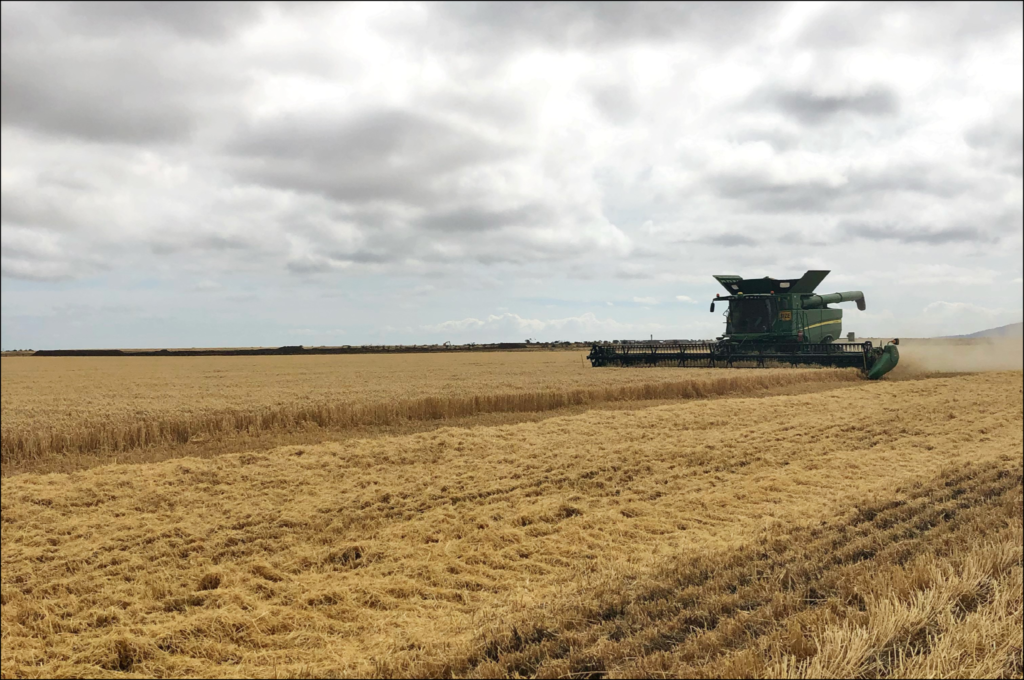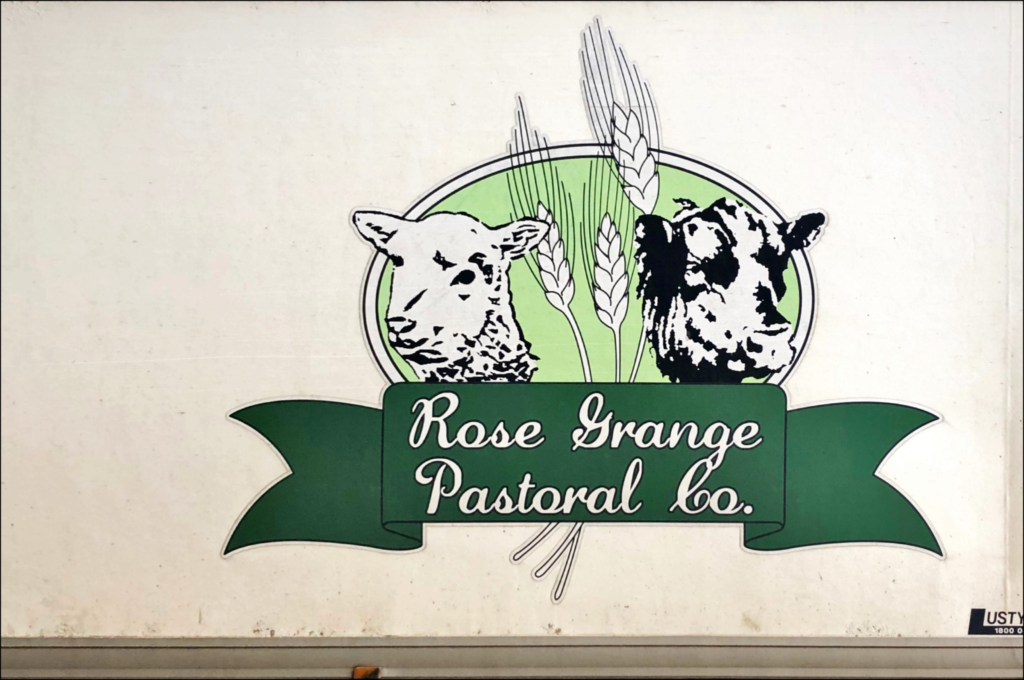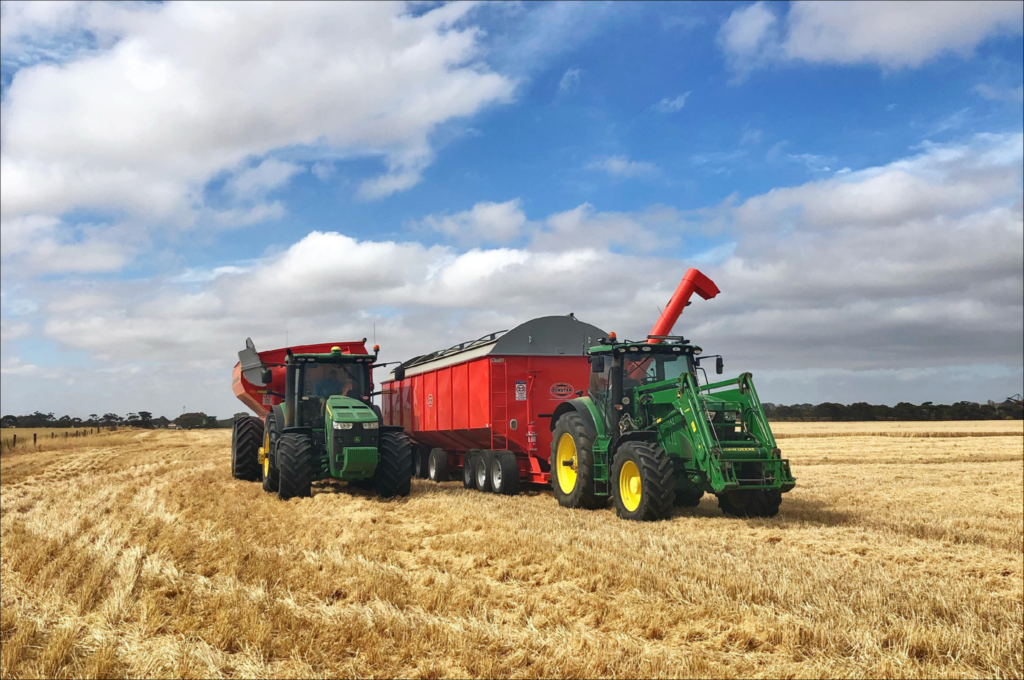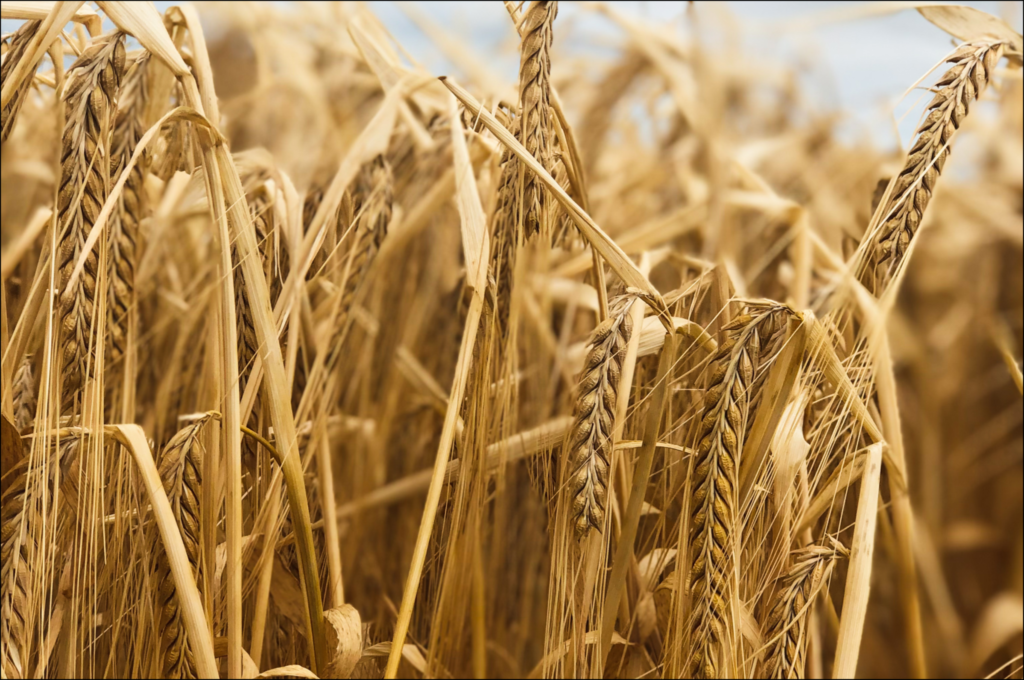The Journey of A Beer

Malt. It’s the backbone of your beer and has been used as a brewing ingredient for centuries. But have you ever thought about the provenance of the malt in your beer?
The past two decades have seen exponential growth in the Australian craft brewing industry. With this growth also comes brews that have pushed craft beer into another realm of brewing innovation. With these progressive brews also comes a higher demand for speciality malt and, even more recently, knowing the provenance of your brewing ingredients.
The journey of a beer is an interesting one and has four main players – the barley grower, the maltster, the brewer and finally the consumer. The maltster plays a significant part in the creation of the beer – they connect the brewer with the farmer. Surrounded by a network of local Victorian barley growers, Barrett Burston’s Geelong malthouse holds a unique location to receive the state’s best barley. This local barley is then produced into local Victorian malt which is then brewed in local Victorian beers. As part of their company ethos, Barrett Burston Malting strives to support local growers who are dedicated to growing blue-ribbon barley.
This article will focus on the perspective of the barley grower, Colin Richmond, Managing Director of Rose Grange Pastoral Co, located at Little River, Victoria.
The Barley Grower

Rose Grange Pastoral Co.
Colin Richmond – Managing Director – Rose Grange Pastoral Co. – Little River
Located a stone’s throw from Barrett Burston Geelong Maltings is grower Colin Richmond, Managing Director of Rose Grange Pastoral Co. at Little River. Growing both Westminster & Planet varieties, he has supplied barley to Barrett Burston for approximately 25 years. Each year, his barley crop is grown with the purpose of it being used in the brewery.
The craft beer boom has indeed supported the local barley trade in Australia, as opposed to farmers relying so heavily on exporting their produce. Emerging beer styles have called for more specialised malt and the need for high-quality barley to be processed and consumed locally. Barley growers are an integral cog in this process and Colin sees these different beer types to only be a good thing for the agriculture industry.

2019 Harvest at Rose Grange Pastoral Co.
Even in the face of 2019’s tough growing conditions, Colin notes that his 2019/2020 barley crop was extremely good with exceptionally high retention rates. His unique location allows Colin to directly deliver his barley once a month (on average) to the Geelong maltings. Not only is this convenient for both grower and maltster but it also ensures traceability of the barley’s origins, providing Barrett Burston with a guarantee that the barley they are receiving is grown by a reliable source and will match their high standards of quality.
When asked why he enjoys working with Barrett Burston, Colin puts it down to their communication as well as their “high appreciation” of what it takes to grow premium barley to be accepted as malt grade grain. Barrett’s focus on supporting farmers with research and development is also a large factor in why Colin has worked with the malting company for two and a half decades.

Colin’s 2019/2020 barley crop right before harvest.
Colin is proud to know that his barley is being malted and then brewed in premium craft beer and is happy to hear that the grain that he grows at Rose Grange Pastoral Co. is being consumed locally. Indeed, he plays an integral role in providing brewers with a guarantee that they are brewing with a locally grown product.
Check out Barrett Burston Malting’s range of malts here.
Enjoyed this article? Receive similar content by signing up to our newsletter here.


